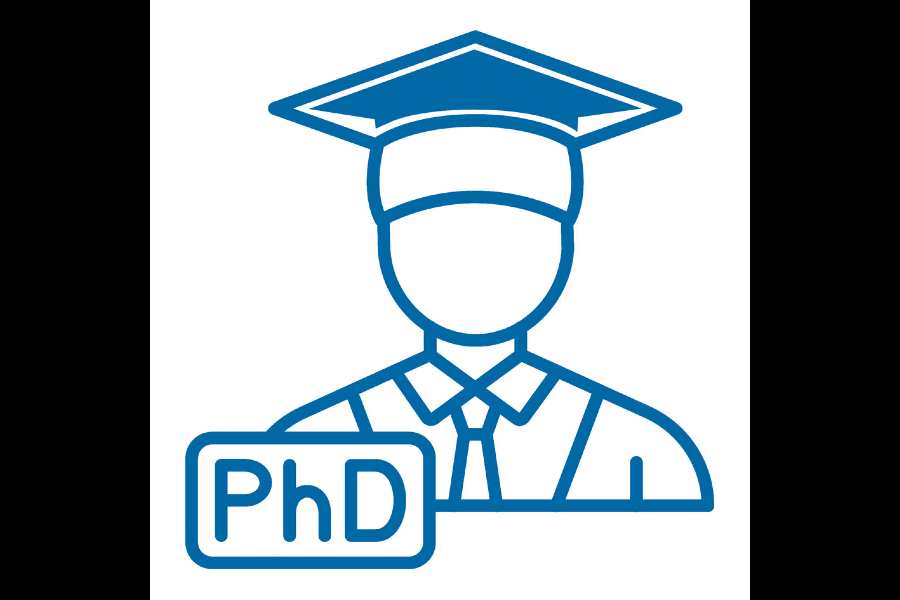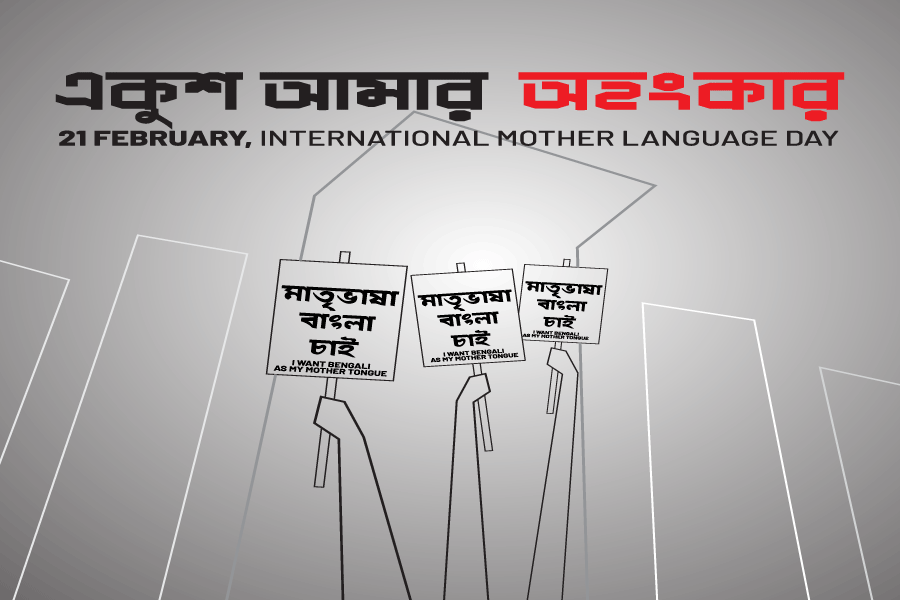A study on academic fraud has identified an India-based entity as a conduit for questionable research that helped thousands of contentious papers from India and elsewhere appear in academic journals — often unrelated to the papers’ subjects.
Researchers at Northwestern University in the US who led the study have said their analysis of published research has revealed global networks of individuals and entities colluding to undermine the integrity of academic publishing.
Their study, published in the Proceedings of the National Academy of Sciences on Monday, has uncovered what they say are “brokers”, “paper mills” and “hijacked journals” that help faculty and students who want to quickly publish research papers.
These brokers and paper mills have contributed to the growth of suspect academic papers, with the number of such papers nearly doubling every 18 months, the researchers said.
“Our findings provide fresh evidence for industrial-scale scientific fraud — individuals and entities facilitate and profit from mass-scale deviations from genuine and high-quality research publishing,” Reese Richardson, a researcher at Northwestern and the study’s lead author, told The Telegraph.
The analysis has flagged India’s role in the surge of suspect papers.
It has identified the Academic Research and Development Association (ARDA) in Chennai as an entity that has helped academic authors publish papers, including many in journals whose focus has little to do with the papers’ contents.
India accounted for 3,514 (26 per cent) of a set of 13,288 papers published in five journals listed on the ARDA’s website, and for which the authors’ country could be determined — or roughly one in every four papers. Iraq accounted for 19 per cent and Indonesia for 12 per cent.
The researchers examined papers published in five journals — HIV Nursing, Journal of Pharmaceutical Negative Results, Russian Law Journal, PalArch’s Journal of Archaeology of Egypt, and Res Militaris — that featured on the ARDA’s website between January 2021 and March 2024.
Many papers from India did not match their journals’ focus. Res Militaris, a journal of military studies, published papers on white-collar crime, banking and saving habits, higher education, khap panchayats — even vibrations experienced by tractor drivers.
The ARDA has denied the allegations, saying it neither writes research papers nor guarantees publication, and does not engage in fraudulent activity. The entity described itself as a research consultancy that only provides editorial support to faculty, researchers and postgraduate students.
“Our primary services include proofreading, language editing, plagiarism checking, and formatting assistance in line with journal or conference requirements,” the company said in an email response to this newspaper, asked to comment on the study’s findings.
It added: “We do not own or operate any academic journal. We do not charge for publication, nor do we guarantee acceptance. Authors come to us with their drafts and often with specific journals in mind. Our role is limited to improving the manuscript’s language, structure, and presentation.”
The Northwestern study found that between 34 per cent and 98 per cent of papers in the five journals fell outside their stated scope, including a paper on roasting hazelnuts in a journal devoted to HIV care.
“Science must police itself better to preserve its integrity,” said Luis Amaral, professor of engineering sciences and applied mathematics at Northwestern, who supervised the study. “If we don’t create awareness about this problem, worse and worse behaviour will get normalised,” he said in a Northwestern media release.
Indian scientists concerned about academic publishing practices said the growing counts of questionable research papers likely reflected the mounting pressure to boost publication and citation counts — often tied to faculty promotions and institutional rankings.
“The paper mill journals are proliferating, thanks to the widespread emphasis on quantitative parameters used in institutional rankings and in assessments for appointments and promotions,” said Subhash Lakhotia, a distinguished professor of zoology at Banaras Hindu University.
He said the damage could escalate if India does not shift from quantitative to qualitative assessments. “This problem could spiral and further undermine research integrity,” Lakhotia said.
The US researchers have described the phenomenon as “scholarly defection” — where authors and institutions benefit from publications that do not represent any meaningful contributions to science.
“What was once the domain of a few individuals,” said Sunil Mukhi, an emeritus professor of physics at the Indian Institute of Science Education and Research, Pune, “now involves hundreds — and there’s a danger that public faith in science will be eroded”.
Richardson cited PalArch’s Journal of Archaeology of Egypt, Russian Law Journal, and HIV Nursing as examples of hijacked journals — once owned by genuine publishers but taken over by fraudulent entities that are using them to offer space to suspect academic papers.










